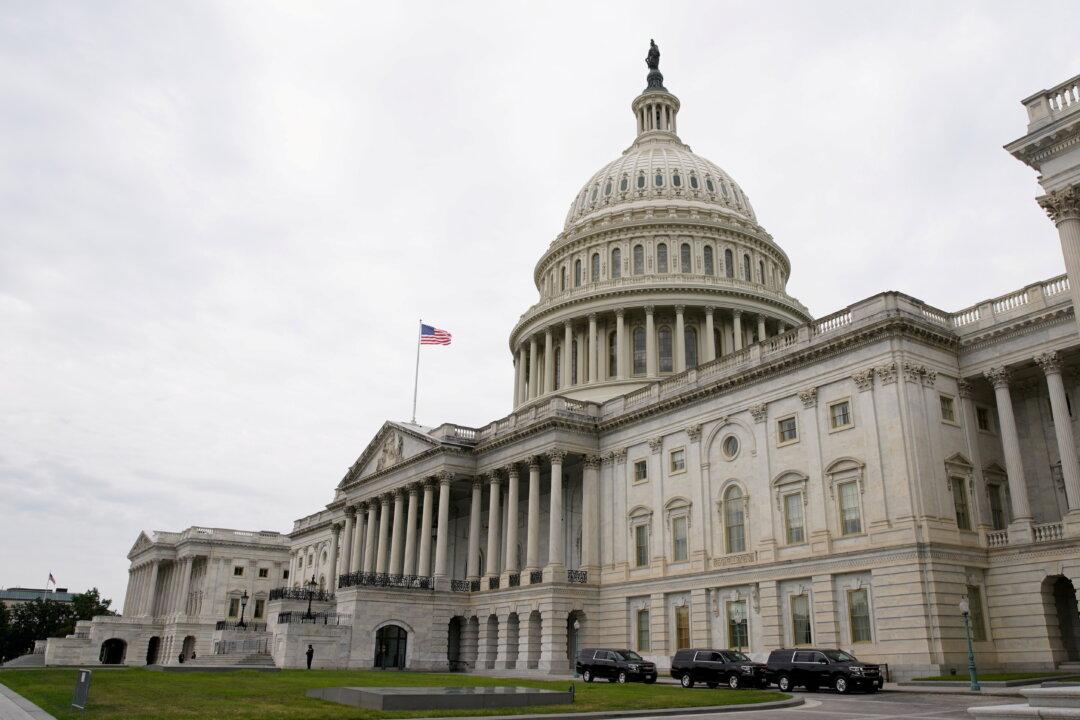Next week, the U.S. Capitol building will reopen for limited public tours after being closed to the public for two years because of the COVID-19 pandemic, according to a March 23 memo from House Sergeant-at-Arms William J. Walker and Capitol physician Brian P. Monahan.
“We are pleased to announce that on Monday, March 28, 2022, public tours of the Capitol will resume with a limited number of Member-led, staff-led tours and school groups,” they wrote.





